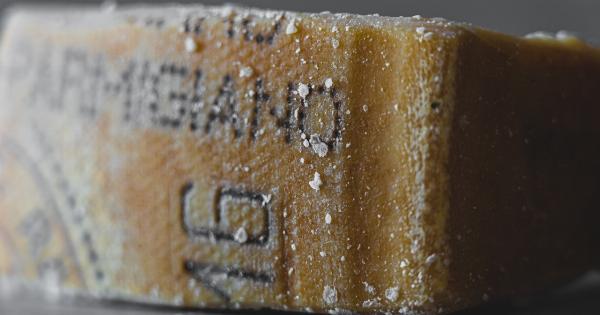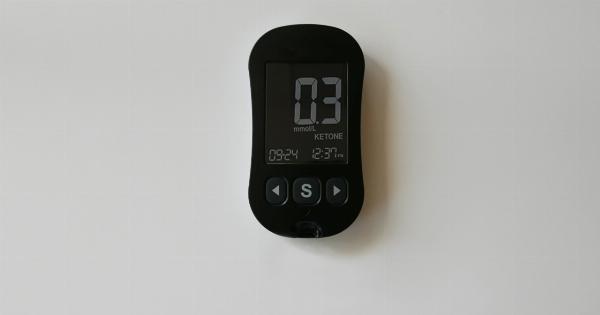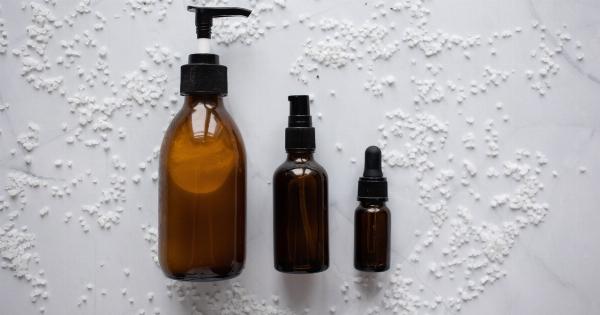Fluid retention, also known as edema, is the abnormal buildup of fluid in the body’s tissues, causing puffiness and swelling. While it can affect different parts of the body, the most common areas include legs, feet, ankles, and hands.
It can be caused by various underlying health conditions, such as kidney disease, heart failure, liver disease, or hormonal imbalances. In some cases, fluid retention can be mild and go away on its own, but if the problem persists, it might require medical intervention. Here are some top tips to manage fluid retention:.
Tip 1: Reduce Sodium Intake
Sodium is a mineral that controls the fluid balance in the body, but too much of it can lead to water retention. Therefore, it’s essential to monitor your salt intake and aim to consume less than 2,300 milligrams a day.
Avoid processed foods, canned soups, and fast foods, which are often high in sodium. Instead, flavor your dishes with herbs, spices, and lemon juice. Also, read labels carefully and choose low-sodium options whenever possible.
Tip 2: Drink More Water
Paradoxical as it may sound, drinking more water can help reduce fluid retention. When the body senses it’s dehydrated, it tends to retain more fluid to compensate.
Thus, drinking enough water can keep the body well-hydrated, preventing fluid buildup. Aim to drink at least eight glasses of water a day, and more if you exercise or work in hot weather. Avoid sugary drinks, caffeine, and alcohol, as they can dehydrate the body and worsen fluid retention.
Tip 3: Elevate Your Legs
When fluid builds up in your legs, elevating them above the heart level can help promote blood circulation and reduce swelling. Lie down on your back and put a pillow or cushion under your feet to raise them higher than your chest.
Do this for 15-20 minutes, two or three times a day. You can also prop your legs on a stool or chair while sitting, or use compression stockings, which can help support blood flow and prevent fluid buildup.
Tip 4: Exercise Regularly
Regular exercise can help improve blood circulation and prevent fluid retention by stimulating the lymphatic system, which is responsible for draining excess fluids and toxins from the body.
Engage in moderate-intensity activities, such as brisk walking, cycling, or swimming, for at least 30 minutes a day, five days a week. Avoid high-impact exercises, such as running or jumping, as they can worsen swelling. Consult with your doctor before starting any exercise program, especially if you have underlying health conditions.
Tip 5: Use Diuretics with Caution
Diuretics are medications that increase urine output and help eliminate excess fluid from the body.
They can be useful in managing fluid retention caused by certain health conditions, but they can also have side effects, such as dehydration, electrolyte imbalances, or kidney damage. Therefore, it’s crucial to use diuretics only under a doctor’s supervision and follow the prescribed dose and frequency. Do not take diuretics without medical advice, as they can interact with other medications and cause health risks.































